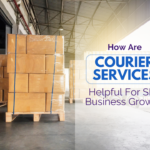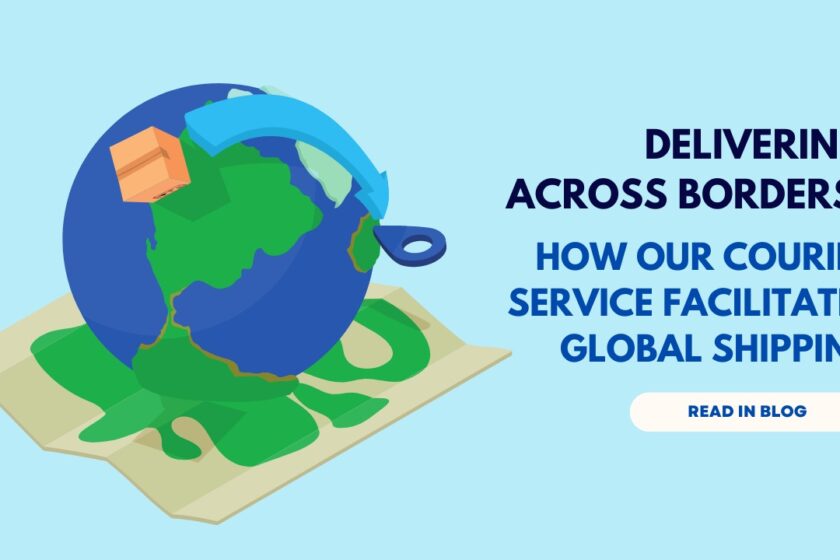Bringing goods into a country is a crucial step for many businesses’ supply chains. If you’re gearing up to import goods soon, it’s essential to prepare thoroughly to avoid surprises and delays. Ensuring a smooth import process is key to getting your goods where they need to be without any hitches.
To simplify importing for you, we’ve put together the must-know information that clarifies the process.
A Must-Have Checklist For First-Time Importers
1. Research and Due Diligence
Thorough research is paramount before venturing into imports. Take time to study your desired products, potential suppliers and the regulatory landscape of the countries you plan to import from. Understanding market demand, pricing trends and any certifications required ensures informed decision-making and minimizes risks associated with unfamiliar markets or suppliers.
2. Choose Reliable Suppliers
Selecting trustworthy suppliers is fundamental to the success of your importing endeavors. Look for suppliers with a proven track record of delivering quality goods on time. Verify their credentials, such as business licenses, certifications and customer testimonials. Establish clear communication channels and discuss critical aspects such as pricing, payment terms and shipping arrangements upfront to avoid misunderstandings later on.
3. Understand Import Regulations, Customs Procedures & Documentation
Each country has its own set of import regulations, tariffs and customs procedures governing the entry of goods. Familiarize yourself with these requirements to ensure compliance and avoid potential delays, extra costs or even customs seizures. Pay attention to documentation specifics like commercial invoices, packing lists, certificates of origin and import permits to facilitate smooth customs clearance.
4. Calculate Total Costs and Budget Wisely
Beyond the cost of goods, factor in additional expenses such as shipping fees, customs duties, taxes, insurance, handling charges and compliance-related costs. Calculate the total landed cost of your imported goods accurately to gauge profitability and establish a budget that covers all aspects of the import process.
5. Establish Clear Terms of Sale and Contracts
Formalize agreements with your suppliers through detailed contracts or purchase agreements. Outline key details, including product specifications, pricing mechanisms, payment terms, delivery schedules and responsibilities of both parties. A well-crafted contract provides clarity and serves as a reference point for resolving any disputes or issues that may arise during the importation process.
6. Leverage International Courier Services for Seamless Logistics
Partnering with reputable international courier companies can significantly simplify the importing process. These companies offer expertise in handling international shipments, ensuring efficient customs clearance and timely delivery. They provide comprehensive tracking tools, proactive shipment monitoring and support services that enhance visibility and control over your imported goods.
7. Monitor and Track Shipments
Utilize tracking tools provided by your logistics partner or shipping carrier to maintain visibility throughout the shipping journey. Monitor shipment progress from origin to destination, anticipate potential delays and promptly address any issues or discrepancies to uphold commitments to your customers and supply chain partners.
8. Plan for Customs Clearance
Prepare comprehensive and accurate documentation required for customs clearance well in advance. Include essential paperwork such as commercial invoices, packing lists, certificates of origin and relevant permits. Double-check all documentation for accuracy and compliance with export and import regulations to facilitate smooth customs processing and minimize potential setbacks.
9. Build Strong Relationships and Adapt
Cultivate robust relationships with your suppliers, logistics providers and customs authorities to foster smoother import operations in the future. Stay adaptable and responsive to changes in market conditions, regulatory frameworks or logistical challenges. Continuously evaluate and refine your import strategy based on feedback and lessons learned from each importing experience.
10. Seek Professional Guidance if Necessary
If the complexities of importing goods seem overwhelming, seek guidance from trade associations, industry experts or consulting firms specializing in international trade. They offer valuable insights, best practices and assistance in navigating regulatory complexities specific to your industry or target markets.
Embrace the Opportunity
Importing goods presents significant opportunities for businesses to expand their product offerings, access global markets, and enhance competitiveness. Remember, each importing experience contributes to your expertise and strengthens your ability to navigate the global marketplace effectively.
This comprehensive guide from Pace Express aims to empower you on your journey into the world of importing, ensuring you navigate the complexities with confidence and achieve your business objectives seamlessly.
If you are pressed for time, contact Pace Express for guidance on the import procedures. Our experts are always ready to provide you with the best assistance to ensure your goods reach their destination smoothly and without delay.






